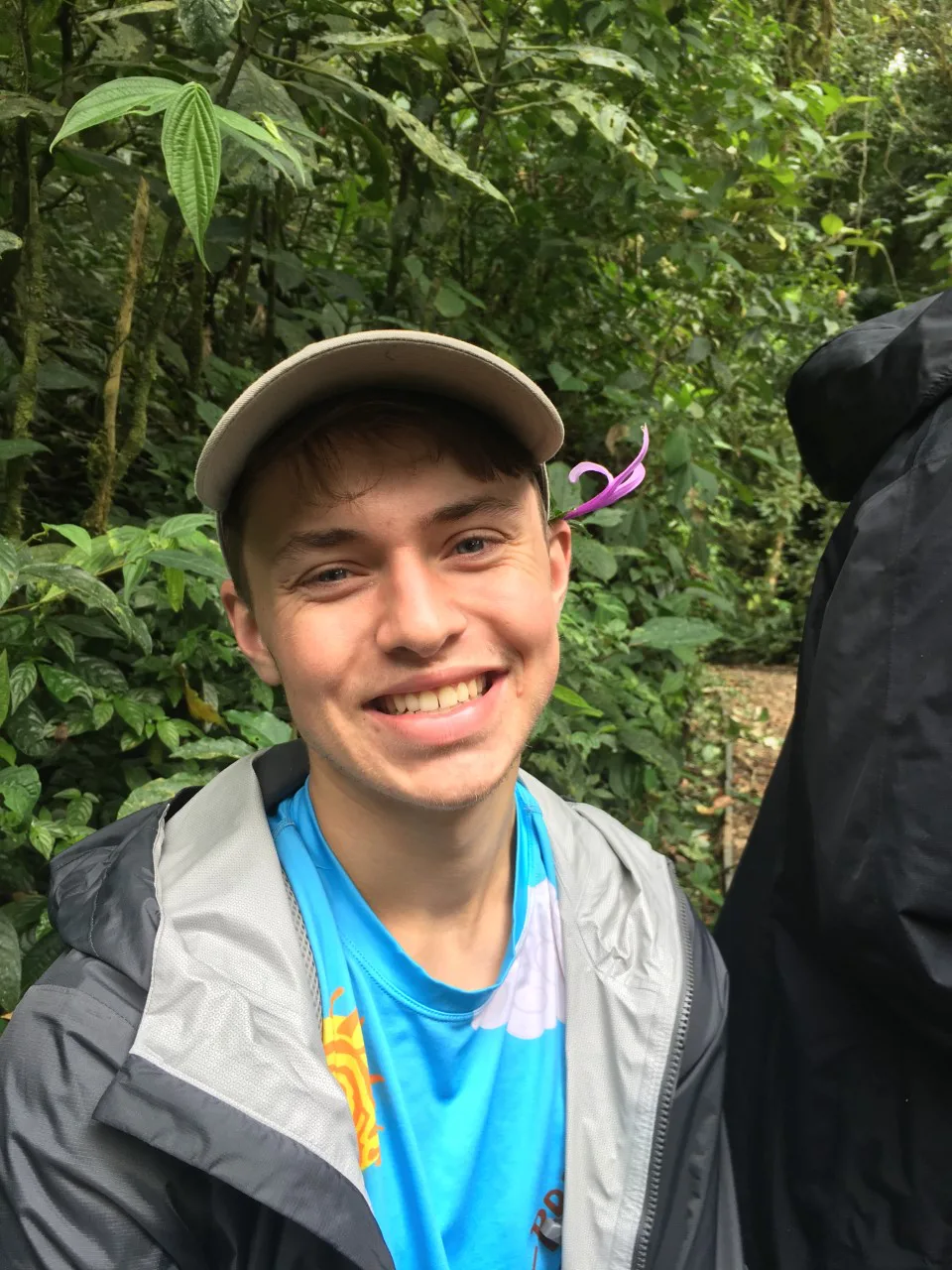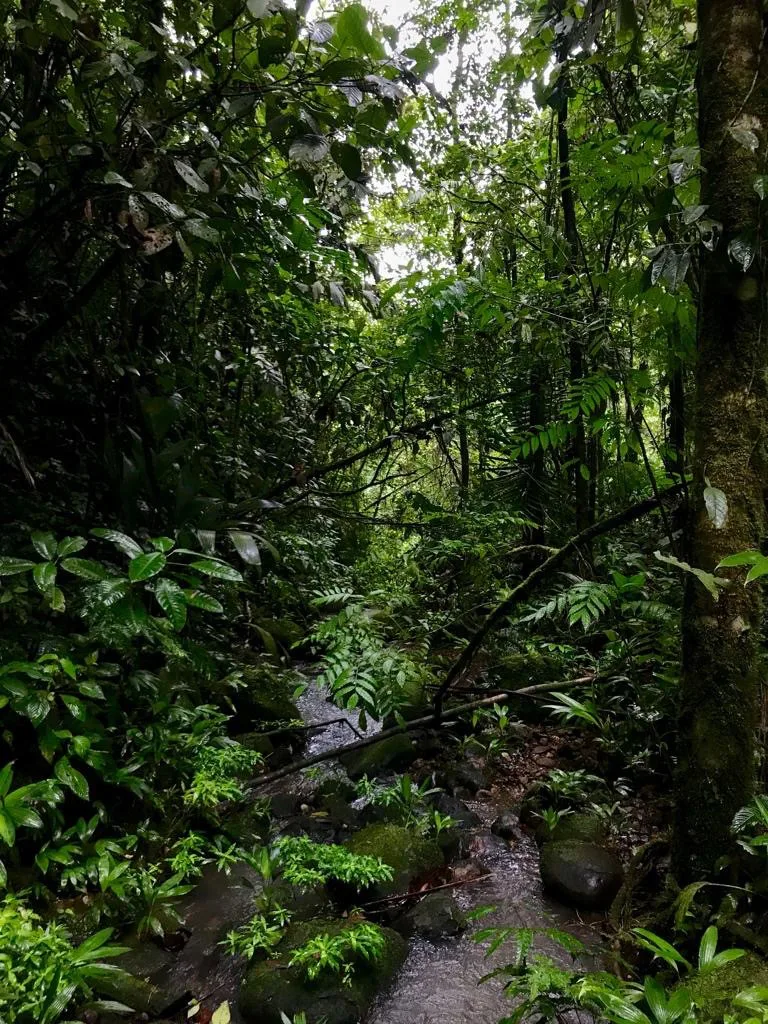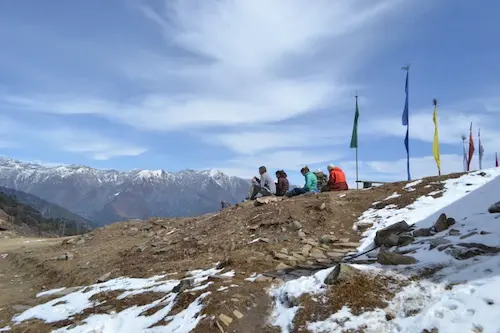A Student of the Environment
Today is a day worth celebrating! Early this afternoon, my program-mates and I notched our first month with SFS Costa Rica into our belts. As an enthusiastic though infrequent abroad traveler, these weeks in the city of Atenas represent more time than I had previously spent outside of the United States. In light of this relative inexperience with being away from my home in North Carolina, the hills and valleys of cultural adjustment and a fresh model of learning have been an unsurprising constant. Yet surrounding these exciting and sometimes uncomfortable shifts, I am especially conscious that my identity as a student of the environment is supported and growing in a new way through SFS Costa Rica.

To my delight, I felt this new degree of support for my learning from day one. The first day out in the field, a rainforest hike in Braulio Carrillo National Park complete with torrential rain, I recognized the great thrill I take from physically working within my field of study. The most-photographed moment of the hike was the family of spirited Capuchin monkeys huddled around a collection of seed pods, but every leaf, tree, insect, flower, and rock told its own story about the forest around us. As I watched Edgardo, our tropical ecology professor, explain each ecological interaction as they appeared along the trail, I felt a novel excitement to understand the ecosystem surrounding me. Could I walk through this rainforest one day and name every species? Could I understand their unique capabilities in their natural context, why they have evolved to be exactly so? It was possible: the evidence was in real time, close enough to reach out and touch.

Braulio Carrillo National Park
Through these field experiences with SFS, I’ve found that my pursuit of experiential understanding is more accessible and authentic. Every week, I am hands and eyes-on a new subject that I could only read about at my home school. This Monday, I spent a morning with the invasive Tawny “Crazy” Ants testing optimal foraging theory, a concept I had just learned in my college ecology course; applying years of ecological research held far more importance when the subjects were in front of me, participating in an experiment my group and I had created completely on our own. Like every field exercise at SFS thus far, it gave me a new appreciation for the adaptive and measured approach that the experimental process demands. It is understandable that these opportunities for environmental field work are not prioritized by my purely-undergraduate college. However, I am already certain that I will return from my classes at SFS with an intellectual identity that actively and enthusiastically seeks out such first-hand opportunities. There is simply too much learning, and too much fun waiting to be found outside of the traditional classroom.
Related Posts


